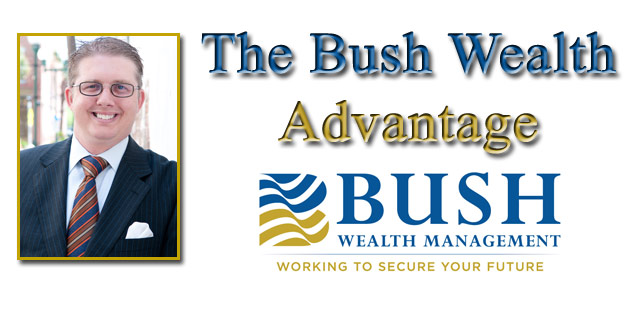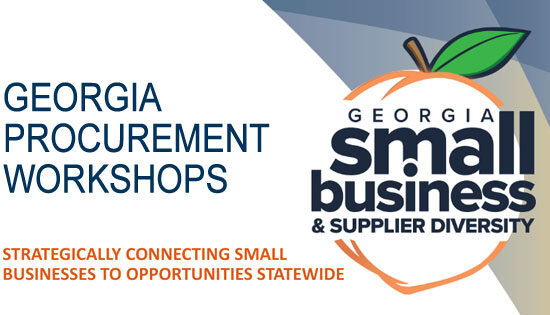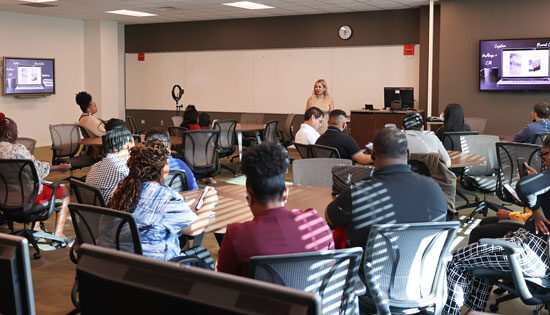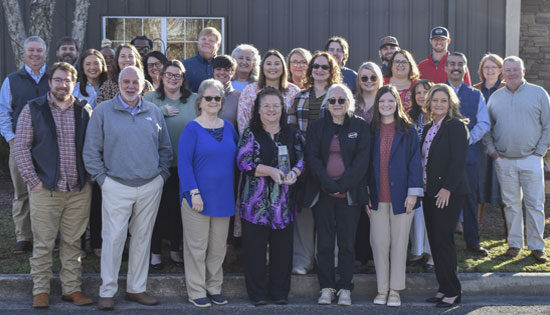Stacy Bush, Valdosta Today Financial Contributor:
Recent years have witnessed the mainstreaming of alternative investments for certain accredited investors.
McKinsey & Company, a global consulting firm, found that individuals in the U.S. have put more than $625 billion into alternative investments. By year end 2015, McKinsey expects alternative investments will represent 13% of sales of all U.S. mutual funds.
Mutual funds are sold by prospectus. Please consider the charges, risks, expenses, and investment objectives carefully before investing. A prospectus containing this and other information about the investment company can be obtained from your financial professional. Read it carefully before you invest or send money.
The impetus behind this growth is the belief that alternative investments offer the potential to enhance the risk/reward characteristics of a traditionally diversified portfolio.²
Alternative investments is an umbrella term for a disparate range of investment strategies and assets that might be best defined as investments that use a different approach from traditional instruments.
While today’s portfolios may benefit from some diversification to alternative investments, it should be emphasized that the risk, return and market correlations will vary widely among them.² Consequently, individuals need to consider what their objective is for adding alternative investments and select the appropriate strategy to pursue their needs.
Types of Alternative Investments
Private Equity — Seeks to participate in the growth of private companies. Private equity is an illiquid asset class that seeks long-term appreciation away from public markets.
Hedge Funds — Investments that have broad flexibility in the types of training strategies they can employ to follow their stated investment objectives.
Commodity Pools — Enterprises that attract funds from people who are looking for the pool managers to engage in commodity-related trades.
Alternative investments are geared to “accredited” or “qualified” investors who are considered high net-worth individuals with investment experience and usually have high minimum investment requirements. Some investment companies have structured mutual funds after alternative investments, providing individuals with access to the investment strategy while offering daily liquidity at lower minimum investment requirements.
Alternative Investments are not without their risks. They often have higher fees, which can reduce total returns. They are also complicated and less transparent investments. Alternative investments are less liquid assets and may not serve to reduce risk in extreme down markets.
Alternative investments include direct participation program securities (partnerships, liability companies, and real estate investment trusts which are not listed on any exchange), commodity pools, private equity, private debt and hedge funds. These programs may offer high net worth, accredited investors tax benefits but they have significant risks associated with them. Typically, alternative investments are illiquid investments and their current values may fluctuate from the purchase price. Statements for such investments represent their estimate of the value of the investor’s participation in the program. The estimated values may not necessarily reflect actual market values or be realized upon liquidation. Diversification is an approach to help manage investment risk. It does not eliminate the risk of loss if security prices decline. This content is developed from sources believed to be providing accurate information. The information in this material is not intended as tax or legal advice. Please consult legal or tax professionals for specific information regarding your individual situation.
Stacy Bush has practiced independent financial advising in the Valdosta area for 14 years. Growing up on a farm in Donalsonville, Georgia, he is keen to the financial needs of South Georgia and North Florida families. Stacy and his wife, Carla, live in Valdosta with their four children. You can submit questions about this article to askstacybush@lpl.com
Securities and advisory services offered through LPL Financial, a registered investment advisor, member FINRA/SIPC. The opinion voiced in this material are for general information only and are not intended to provide specific advice or recommendations for any individual.











